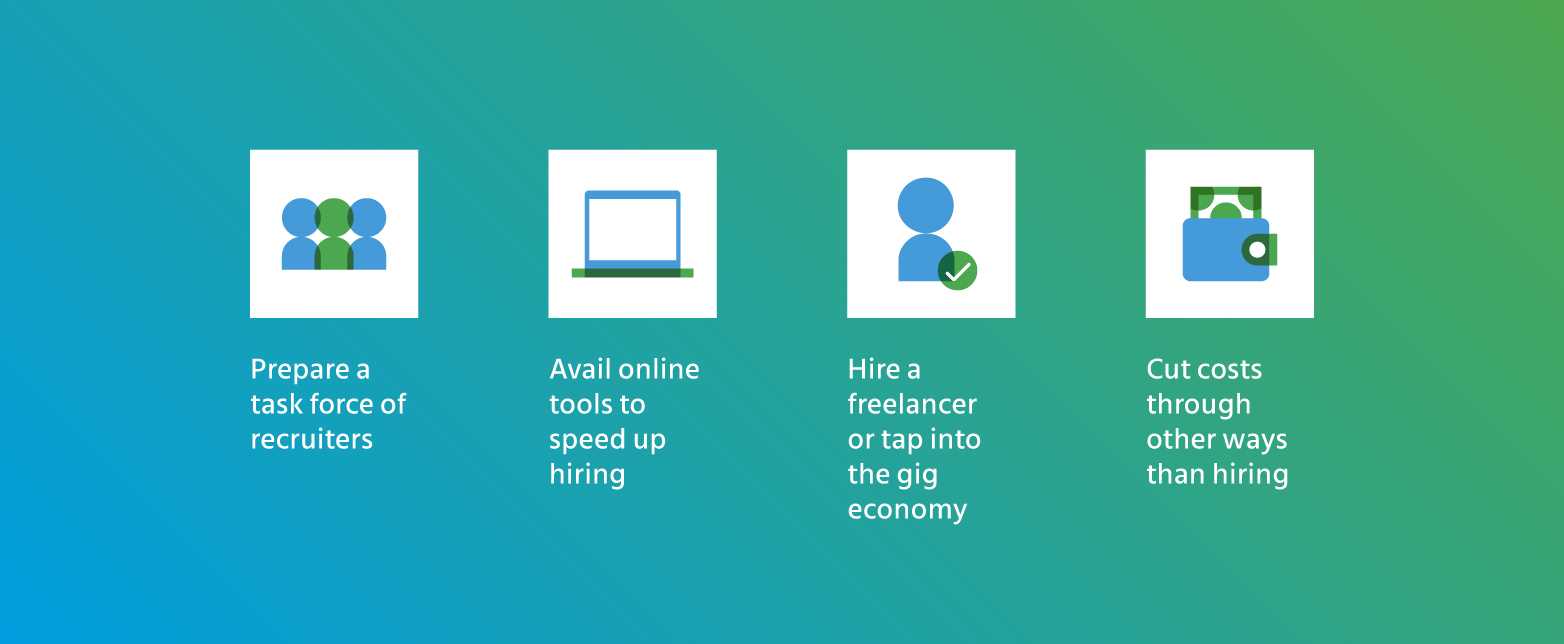Employers prioritize addressing economic situations, which involves taking unfavorable steps to ensure economic stability. However, even when attaining economic stability is the primary objective, you can meticulously recruit with proper planning and consideration.
Following are some things to consider before devising a talent acquisition strategy during a recession.

Determine the talent acquisition needs
The first step recruiters and business leaders must take while devising a talent acquisition strategy during a recession are to determine the current openings and study them. Businesses should carefully understand the applications of candidates, shortlist only relevant profiles, and hire the right candidate using assessments.
View recession as an opportunity
While some begin layoffs and hiring freezes, others see it as an opportunity to hire talented personnel for their organization. Many Silicon Valley companies are carrying out mass layoffs and freezing hiring on the brink of recession-to-come.
For example, Amazon’s CEO Andy Jassy said in a note that the layoffs will continue in 2023.
However, tech giants such as Apple view economic turndown as an opportunity.
For instance, during the economic turndown after 9/11, Apple hired a top engineering talent that enabled the company to launch the iPhone and iPod in the coming years.
Thus, business leaders must view the recession as an opportunity for long-term growth and take steps accordingly.









 Behavioral Competencies
Behavioral Competencies Cognitive Competencies
Cognitive Competencies Coding Competencies
Coding Competencies Domain Competencies
Domain Competencies




























Would you like to comment?